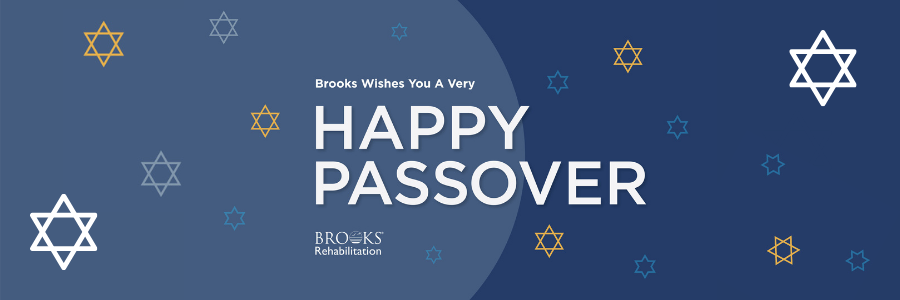Passover

Back to physical health resource hub
One of the key aspects in Jewish tradition, is a focus on God’s presence throughout the history and events of the Jewish people. Perhaps the greatest of these is Passover, which begins this year at the moment of sundown on March 27. Passover celebrates an event in the ancient history of Israel, in which God freed the Jewish people held captive by the powerful kings of Egypt.
The actual story of Passover, as written in the book of Exodus, begins during the cruel and demoralizing period of captivity to Egypt. Hebrew slaves were forced to build cities and monuments to the tune of a taskmaster’s whip. Yet hope remained that God would intervene, and through Moses God sent a series of plagues upon Egypt to force their capitulation. Pharaoh resisted, until the last and greatest plague when death swept through the streets of Egypt. Hebrew families were told to mark their doorposts, so death would “pass over” their households. Pharaoh finally ordered the release of the people and Moses led them to freedom and the Promised Land.
And so, during the ritual Seder dinner, special foods are eaten, songs are sung and stories are told in honor of the Passover event. There is meaning in every aspect of the meal, eaten with fun and celebration involving the whole family and guests. Among the many dishes there is matzah, bitter herbs (reminders of the bitter slavery), and wine or grape juice to celebrate the sweetness of freedom. During the evening a time is set aside for the Haddagah to be recited – the full account of the Exodus story. And something else that’s wonderful – you don’t have to be Jewish to be invited into the celebration, as by tradition all are welcome at the table.
Have a joyful and meaningful Passover.


